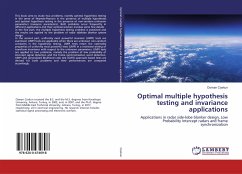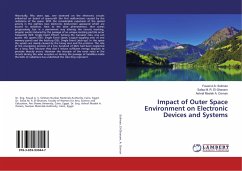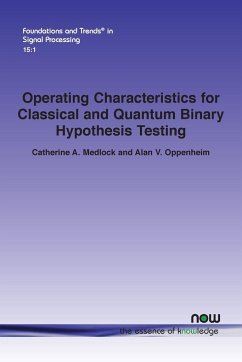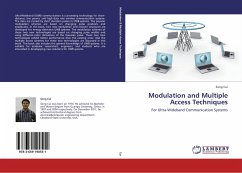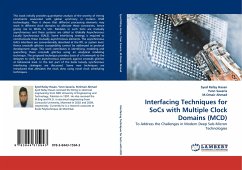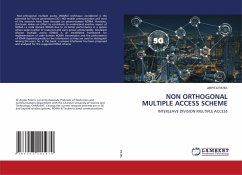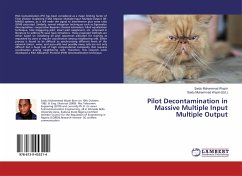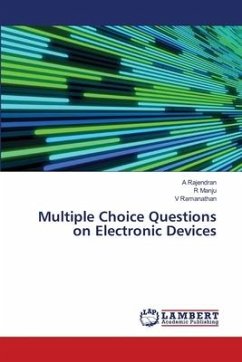This book aims to study two problems, namely optimal hypothesis testing in the sense of Neyman-Pearson in the presence of multiple hypotheses and optimal hypothesis testing in the presence of non-random unknown parameters (nuisance parameters). Both problems occur frequently in different applications and their optimal solution involves some fine details. In the first part, the multiple hypothesis testing problem is examined and the results are applied to the problem of radar sidelobe blanker system design. In the second part, uniformly most powerful invariant (UMPI) tests are examined. UMPI tests are applicable when there are unknown non-random constants in the hypothesis testing. UMPI tests retain the optimality properties of uniformly most powerful tests (UMP) in a restricted setting of transform invariance with respect to the unknown parameters. UMPI tests are applied to two problems, namely the problem of low probability of intercept signal detection and the frame synchronization word detection. UMPI and generalized likelihood ratio test (GLRT) approach-based tests are derived for both problems and their performances are compared accordingly.

